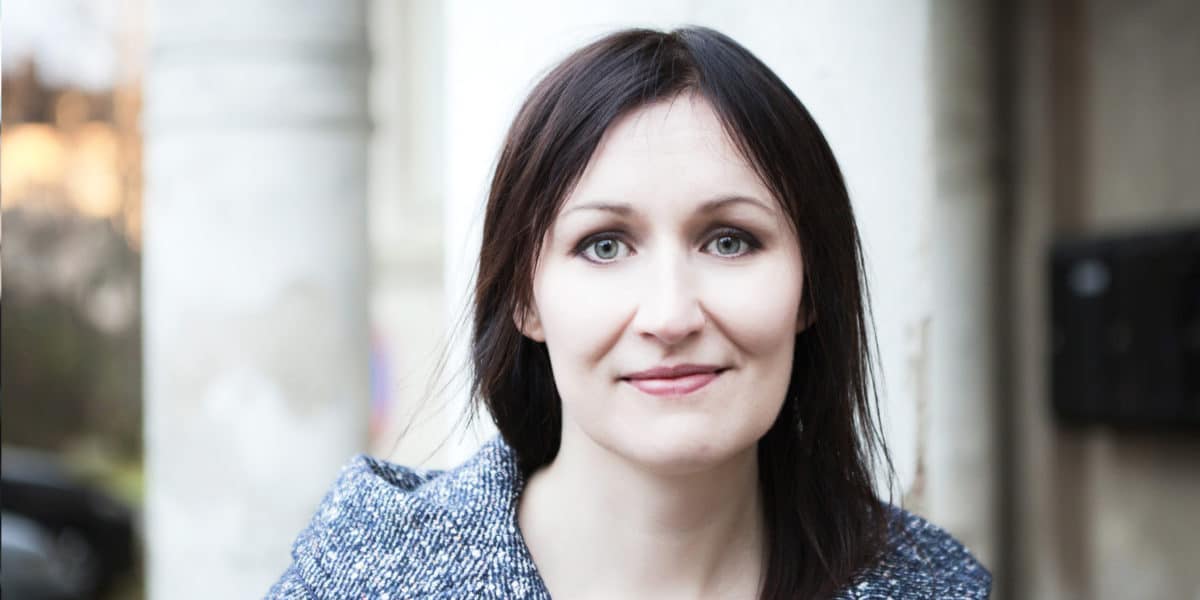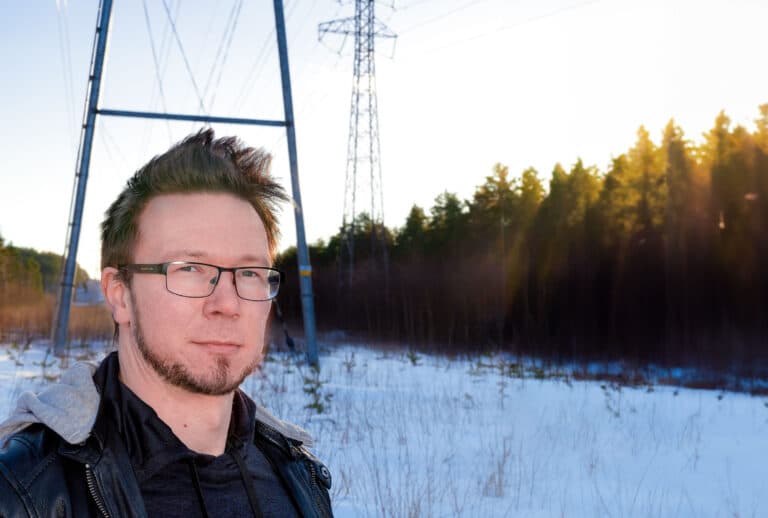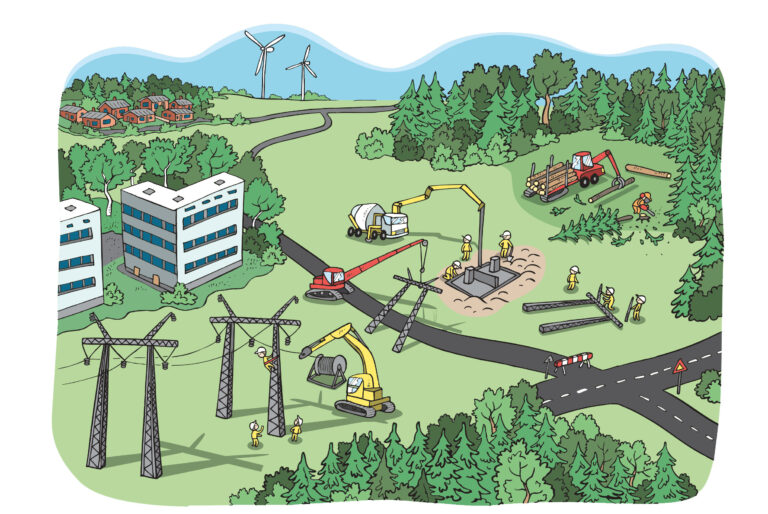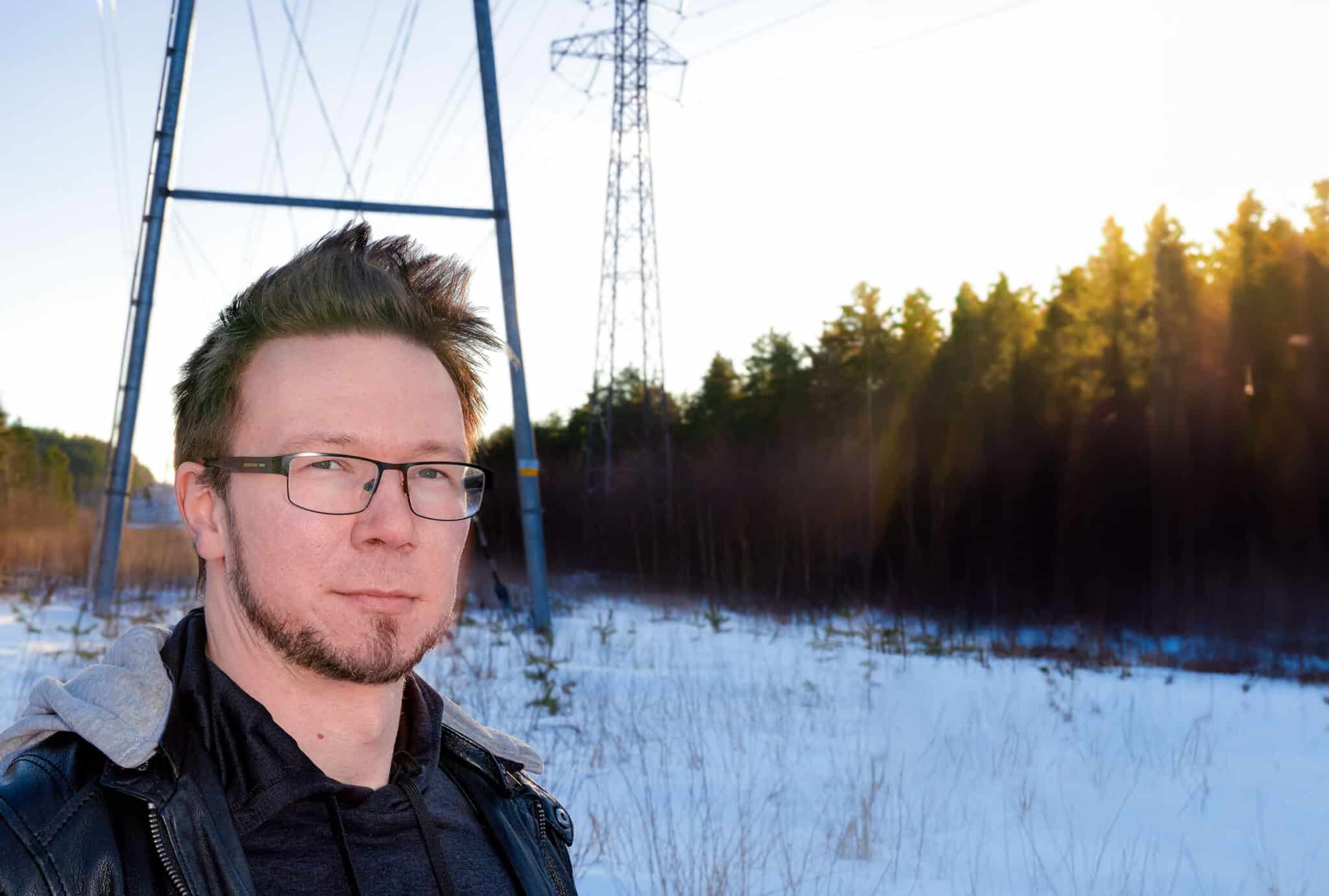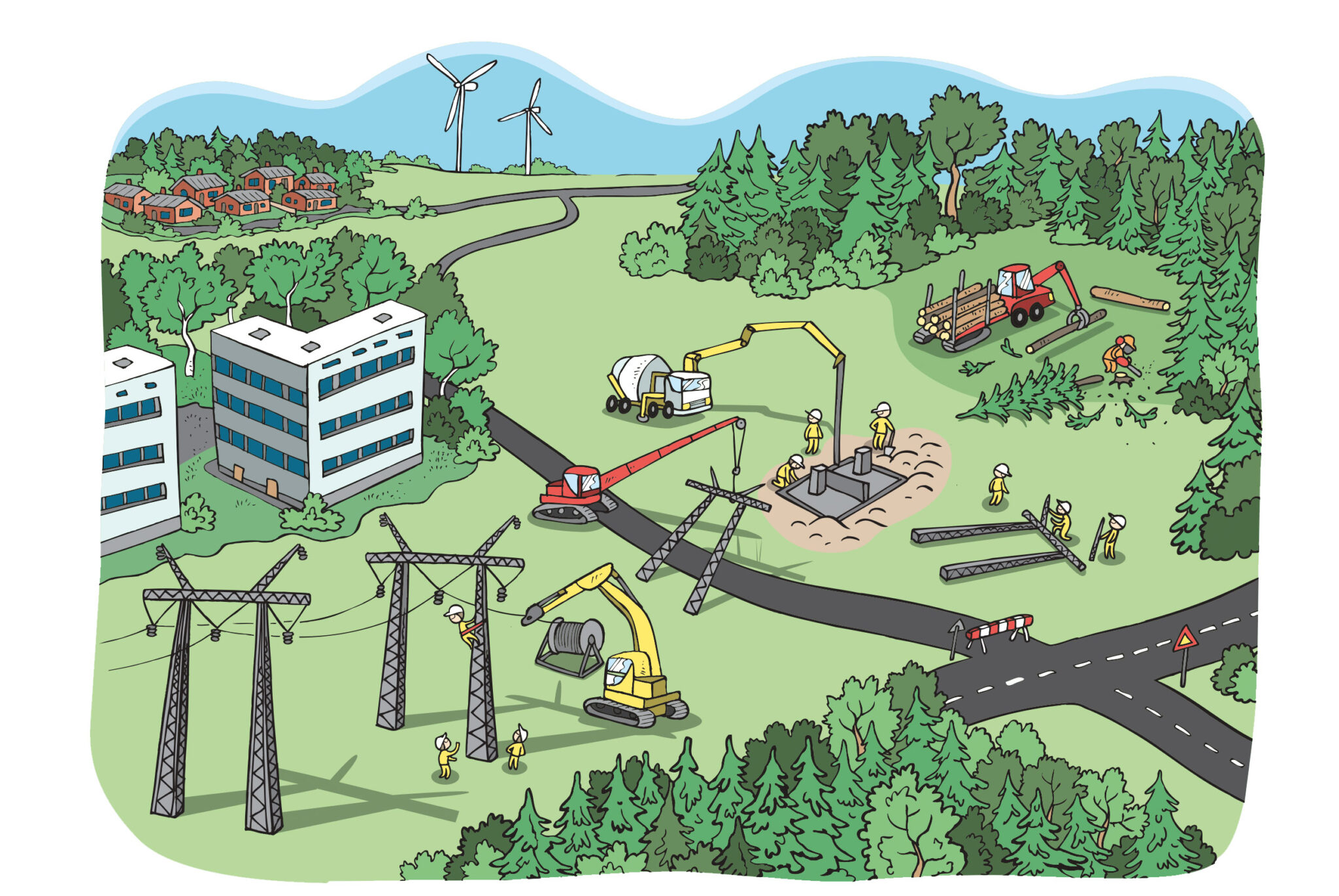A key aspect of professionalism is maintaining a precise relationship with terminology. This relationship begins in the early stages of one’s career and deepens gradually.
Professional terminology plays many roles. It provides a precise way of communicating things and helps to establish a connection with other experts in the field. However, being able to talk to laypeople about the field is also a professional skill. For example, the coronavirus pandemic has demonstrated that experts in infectious diseases cannot just talk to each other all the time. Professionals have been required to tell us what is happening and what to expect.
This is one of the key tasks of specialists in society: they interpret world events for the rest of us. Popularising information ensures that people can act in their own interests and for the good of society.
It is by no means easy to popularise technical or scientific information. Firstly, there is no such thing as a single, uniform audience. People have different amounts of background knowledge and interest. Some read foreign newspapers; others delve into the depths of the internet. Secondly, translating specialist terminology into the vernacular is an endless slog. There are usually no equivalents in the Finnish language, but a translation is not enough. Instead, we need to learn a new, more illuminating way of talking about things.
Specialists do not always understand the importance of popularising information.
Specialists do not always understand the importance of popularising information. They may perceive the more accessible way of talking about things as imprecise, and media appearances take time away from more important jobs.
These are outmoded ideas that we should let go of. The pandemic showed that we need experts in the public eye as much as possible. If there is no accurate and accessible information available, people will seek answers elsewhere. There is plenty of disinformation around.
The world currently feels highly unpredictable. So many things are in a state of flux, from the energy system to health care and the media. Those who seek to destabilise society could just as easily target the main grid as people’s health data. The antidote to this is a good, shared understanding and experts who are used to talking to people who are uninformed, unsure, and afraid.
Tiina Raevaara is an author and freelance science journalist who has taught the popularisation of science at the University of Turku as a professor of practice.

